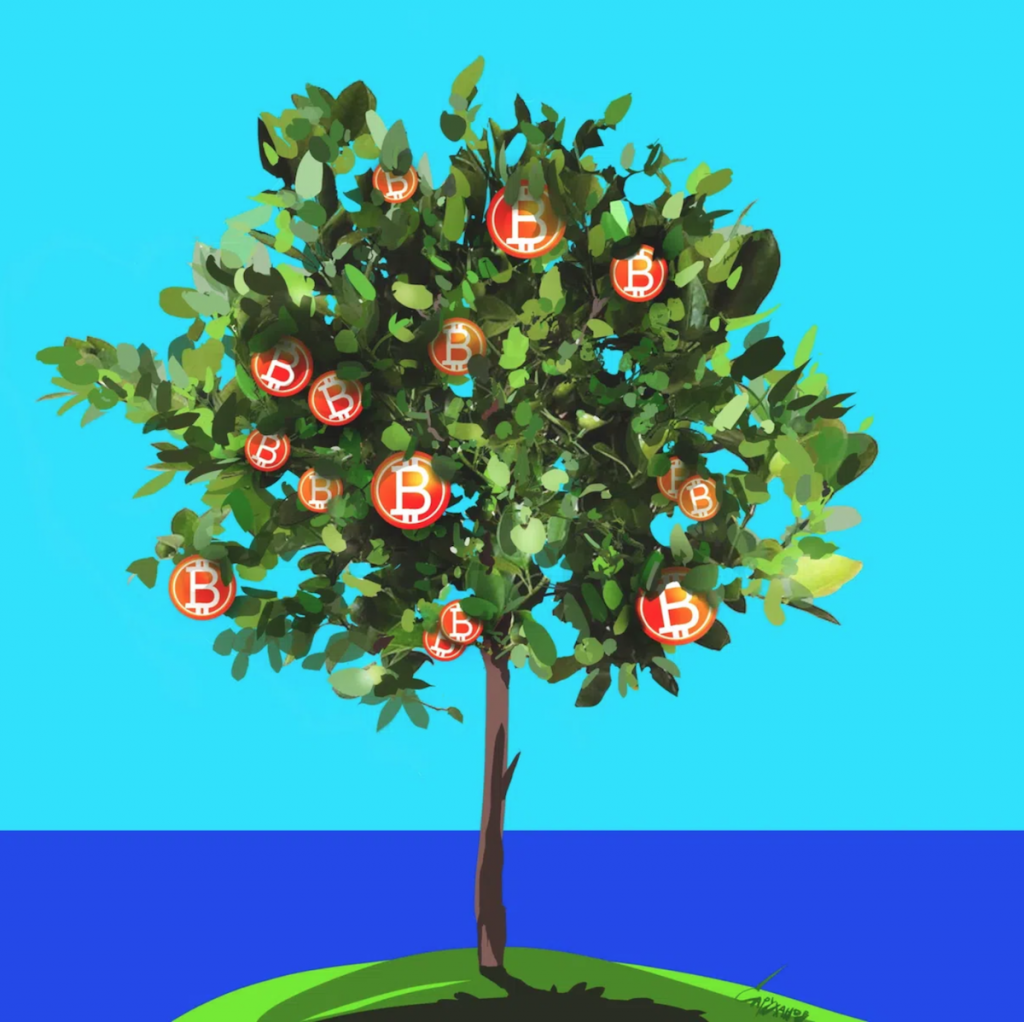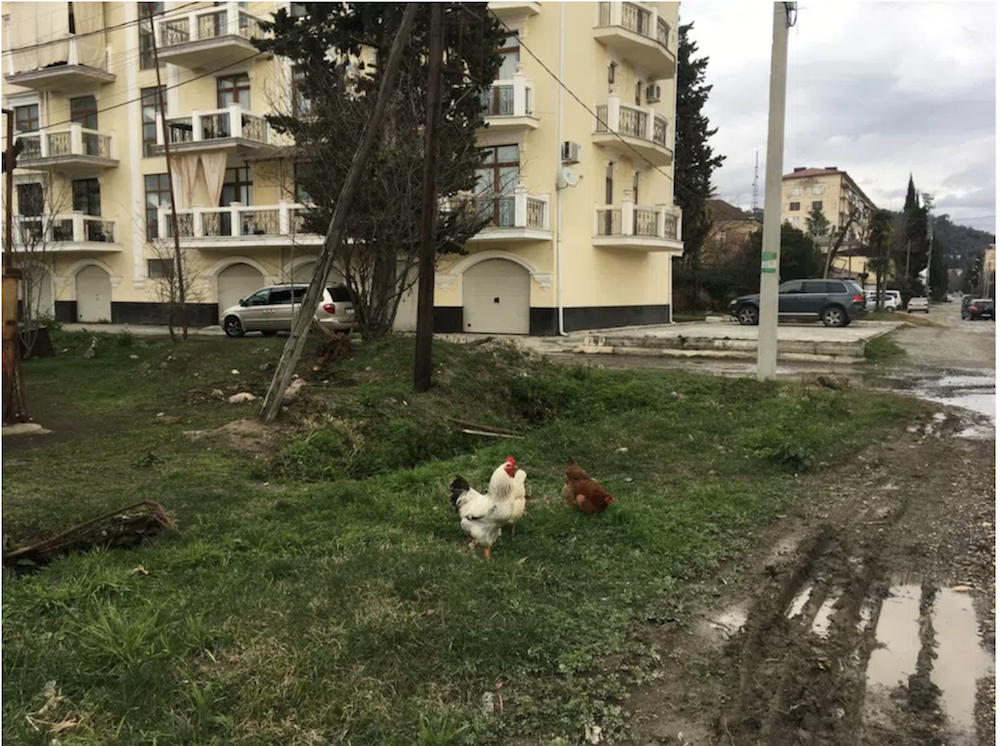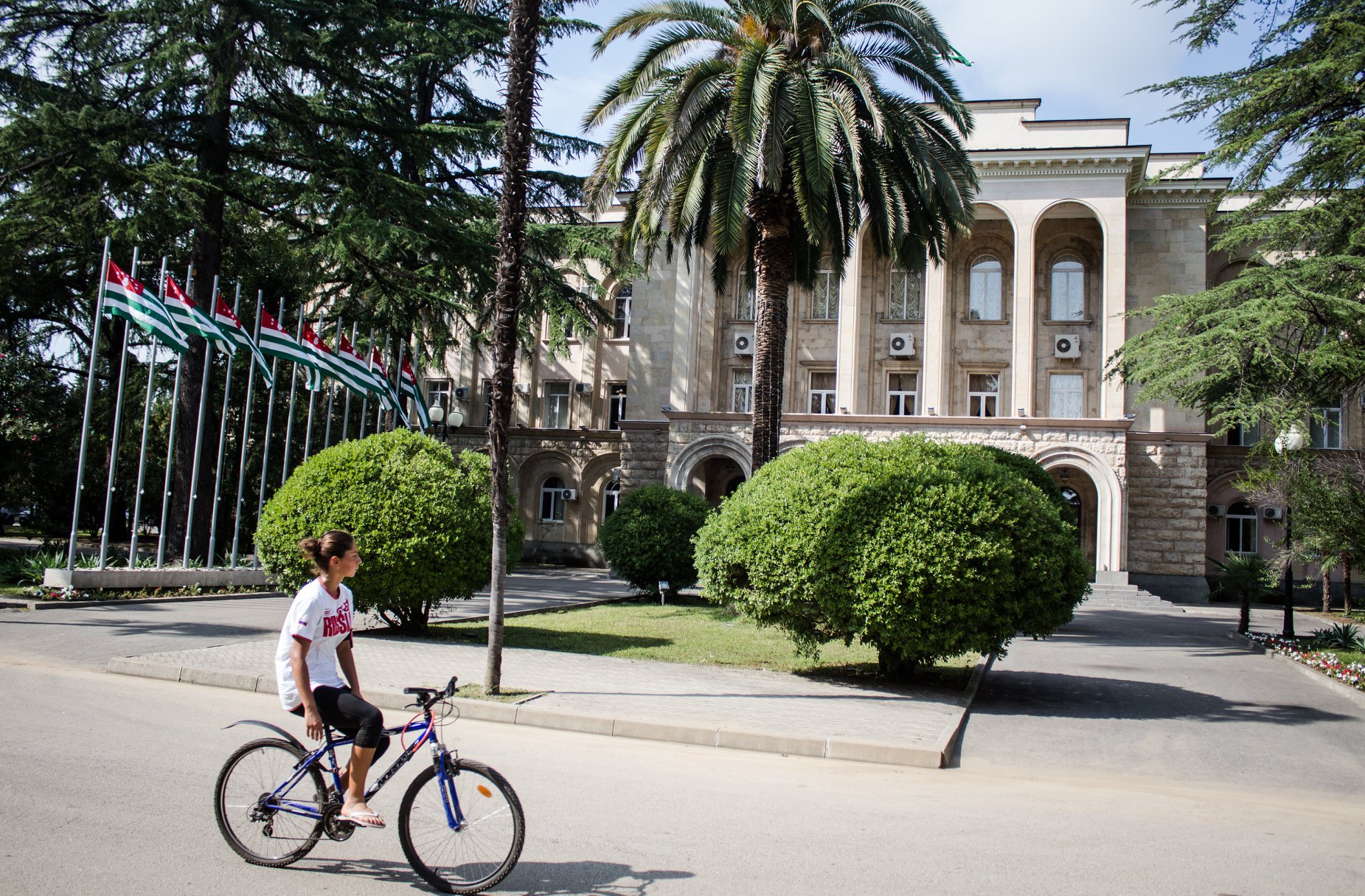Why Abkhazia has become a 'cryptocurrency paradise'
Abkhazia has become a paradise for cryptocurrency mining
A correspondent of Russian newspaper Novaya Gazeta visited Abkhazia to find out why cryptocurrency mining has reached such a large scale in the area and what people who make money on it have to say.
Full version of the report on the Novaya Gazeta website
“Everybody does it”
The word “mining” in Abkhazia is known to pensioners, shepherds, construction workers and the unemployed.
Mining has been the national hobby of Abkhazia, the favorite toy of its government; it was the only one attractive investment for the country.
It all ended in December last year. Is it over?
“And how are we supposed to live if pensioners have nothing to eat?” says a local resident named Razmik.
“I’m also thinking to install a miner. What do you mean why? Don’t you know? It can get you 100-200,000 a month. And nothing needs to be done, everyone does this … mining.”
Recently, residents of Abkhazia have been complaining a lot about unscheduled power outages. That is, according to the schedule, power outages are acceptable, but beyond it – they’re outrageous.
Due to the electricity shortages in the area, the authorities banned mining in December 2018.
In September 2020, minining was legalised again, but even a new system of energy tarriffs for miners and other regulations were unable to bring energy consumption into line. In early December, mining in Abkhazia was again banned, and the government is trying to stop illegal mining with the help of tough administrative measures.
The popularity of mining in Abkhazia is stimulated by a virtually symbolic electricity price of 0.4 rubles [about 0.5 cents] per kilowatt / hour. And also the fact that collecting even this small small payment has been a problem in Abkhazia for many years.
How did the miners start and how much did the miners earn?
“The lion’s share of the large mining farms that stood in Abkhazia before the ban were purchased with Russian money,” says Kirill Bazilevski, creator of the Abkhaz Projects partnership and website and an economic and business expert in Abkhazia.
“The owner may also be someone local, but in reality, very often Russian citizens have invested in this. We still receive inquiries as to whether it is possible to organize a mining farm in Abkhazia.
We have to explain to people that mining here has been illegal since December last year, it is forbidden to import equipment into the country, and everything that still works is illegal.”
- The end of the energy crisis in Abkhazia?
- Op-ed: Abkhazia will have to transfer its power system to Russia or live without electricity
- How to live when the power’s out. Stories from Abkhazia
Andrei started mining in Abkhazia last spring. Now he has put up two miners for sale. He is selling one for 100,000 rubles (about $1400), while the other can be head for 250,000 ($3,400).
“I bought them in October and brought them to Abkhazia,” he says.
“I could not connect them right away, there was not enough electricity. They managed to work for me for a month and a half. The one that is more powerful brings about 50,000 rubles (approx. $680) per month, that is, they did not even have time to pay off. Then the problem arose of where to keep them, because mining was banned, they began to hunt us. Now I have nowhere to put them.
I plan to install other farms on video cards instead of ASICs. They do not mine bitcoin, but Ether (another cryptocurrency, it is cheaper than bitcoin and does not require such equipment power.). On video cards, they are quiet, you can put them in the next room or on the balcony.”

Ruslan had to sell his three miners for the same reason as Andrei: there was nowhere to keep them. Previously, he had them in an abandoned sanatorium in Gagra. The building there is empty, but a few years ago some “owner from Russia” bought it out, wanted to restore it, installed double-glazed windows, brought in furniture, but for some reason the matter did not go further.
“I paid money to the watchman so that he would guard my farms,” Ruslan continues. “When mining was banned, he began to ask me to take everything out, he was afraid that he would get caught.”
Sergei’s (name has been changed) farms have paid off. When Sergei started, mining in Abkhazia was not prohibited, the equipment for it was legally imported into the country and was inexpensive.
“It wasn’t necessary then, as it is now, to spend all our savings on it,” he explains.
“The price went up a couple of years ago, and the initial ASICs could be bought from 20 thousand ($270). And it was a good way to earn extra money for the common population. With two or three miners, you can safely have 50,000 rubles (approx. $680) a month, while doing nothing. In winter, when there was no other income, and especially during the pandemic, when the border was closed tightly, this really helped our family stay afloat.”
For three years, Sergey’s farms have paid off many times over. After the ban, he says, mining had to be abandoned. And any Abkhaz miner, if he at all agrees to talk with you on this topic, will tell you the same thing: I, he will assure you, am a law-abiding person. So if we can’t, we can’t. But every day in various areas of Abkhazia, and especially in the capital and the surrounding area, the lights are shut off. In just a week from March 3 to March 10, the police reported 230 found and disconnected mining farms.

Cryptocurrency brought with it other ways to make money; farms in abandoned sanatoriums and factories needed watchmen. And the residents of private houses, who did not have the opportunity to buy a farm, rented out space to miners – and also became, in fact, guards. Because mining, and especially the ban on it has spawned robberies and thefts of entire illegal farms. The equipment was taken out practically in the open, without fear that the owner would report the crime to the police.
Terms, place names, opinions and ideas suggested by the author of the publication are her / his own and do not necessarily coincide with the opinions and ideas of JAMnews or its individual employees. JAMnews reserves the right to remove comments on posts that are deemed offensive, threatening, violent or otherwise ethically unacceptable.



















